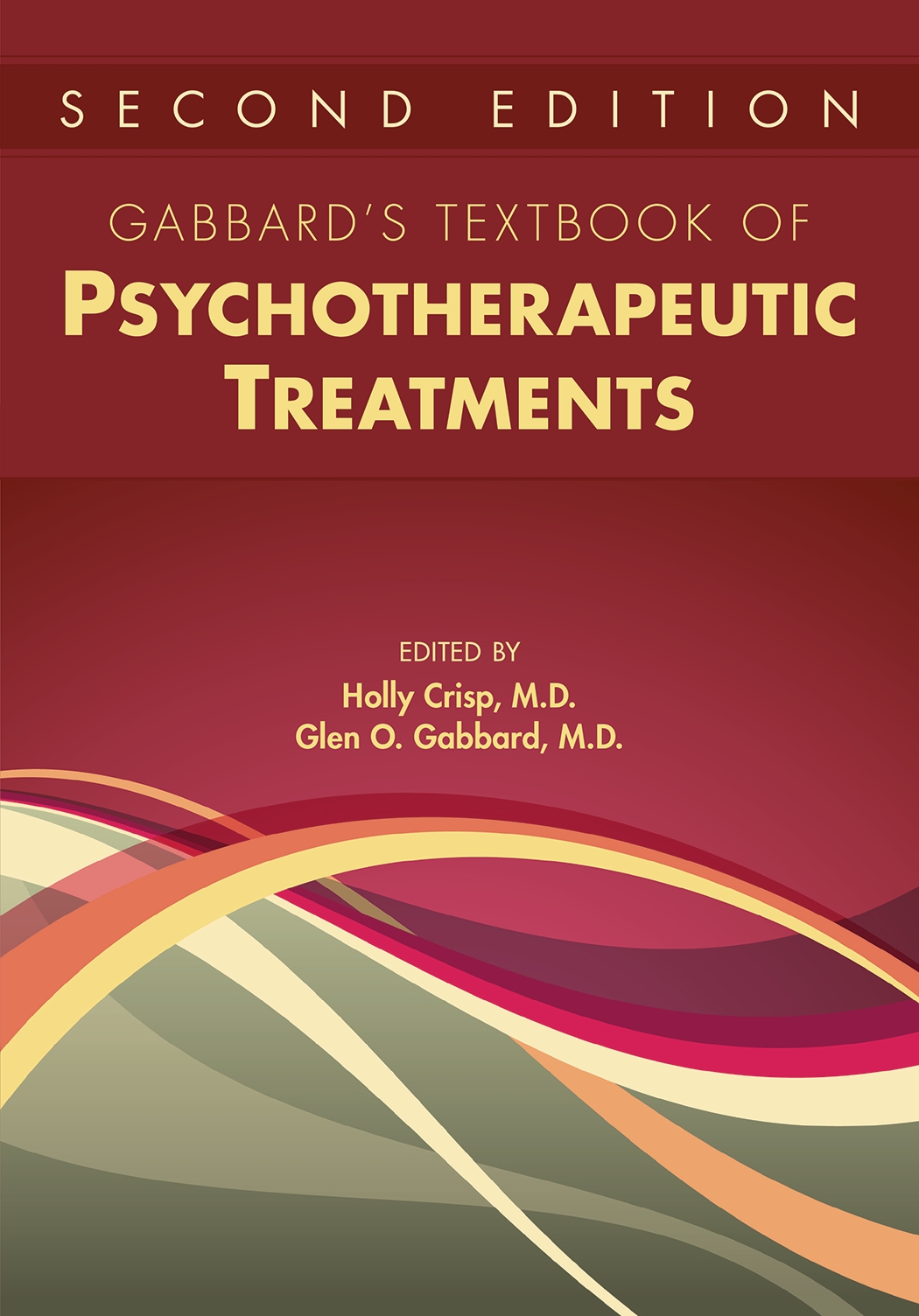Cognitive-Behavioral Therapy
Excerpt
Cognitive-behavioral therapy (CBT) is a highly researched and effective treatment for numerous psychiatric conditions. Since its origin more than 40 years ago, the theory and practice of CBT have expanded research evidence for its underlying theoretical base and clinical efficacy. CBT has also evolved a number of specialized treatments and models. Alternative forms of the therapy have focused on acceptance and mindfulness, further emphasized the role of emotion, expanded skills training, and increased attention to powerful behavioral treatments. Such an expansion may help patients who do not respond to standard CBT and may increase dissemination to resource-poor environments. All of the therapies described in Part II share several fundamental characteristics: a commitment to rigorous empirical study; an understanding that the therapeutic relationship is of primary importance; and treatment models that consider the interrelationships among thoughts, emotions, and behaviors and the need to determine reinforcement for behavior in interpersonal and intrapersonal contexts.
Access content
To read the fulltext, please use one of the options below to sign in or purchase access.- Personal login
- Institutional Login
- Sign in via OpenAthens
- Register for access
-
Please login/register if you wish to pair your device and check access availability.
Not a subscriber?
PsychiatryOnline subscription options offer access to the DSM-5 library, books, journals, CME, and patient resources. This all-in-one virtual library provides psychiatrists and mental health professionals with key resources for diagnosis, treatment, research, and professional development.
Need more help? PsychiatryOnline Customer Service may be reached by emailing [email protected] or by calling 800-368-5777 (in the U.S.) or 703-907-7322 (outside the U.S.).



